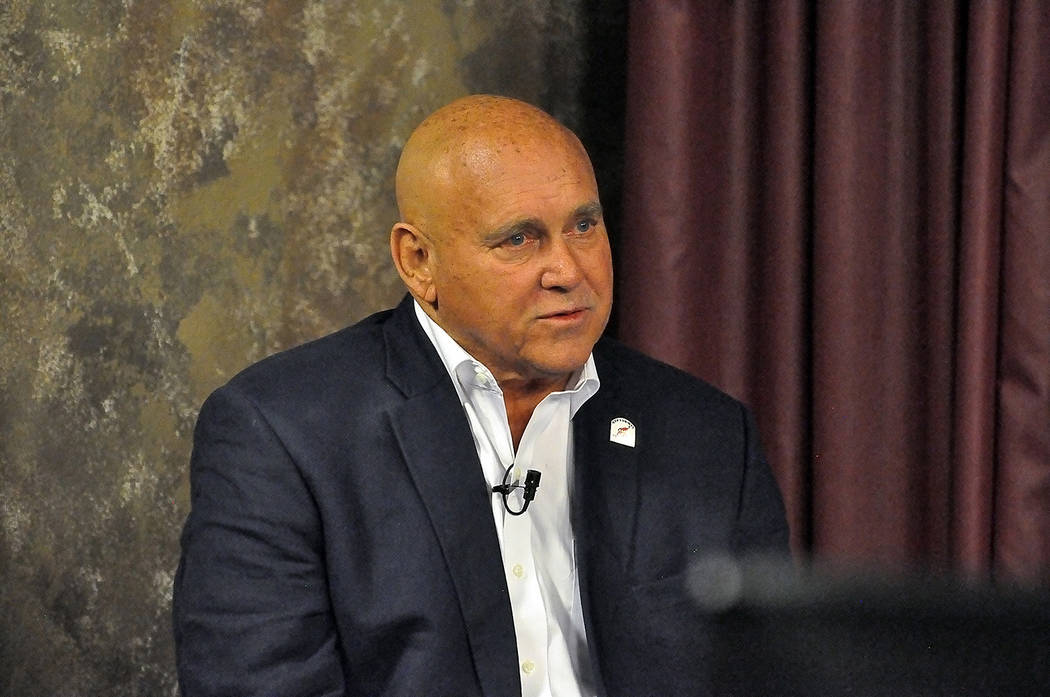
On Oct. 17, 1926 the Republican nominee for Nevada treasurer, Clara Cunningham, was killed in a car wreck.
Because the election was so near and reprinting paper ballots would have been complicated and might not have been finished by election day, the state GOP agreed not to replace Cunningham on the ballot. That threw the election uncontested to incumbent Democrat Ed Malley, who was removed from office the next year after he embezzled state funds and invested them in oil stocks.
If Cunningham had lived, there’s an excellent chance she would have been elected over Malley. Malley’s Democratic co-conspirator in the embezzlement scheme, Controller George Cole, was defeated for re-election that year. Republicans won most statewide races in 1926.
If anyone is wondering why I told this story, it’s to make the point that there are consequences to roads not taken. There are times when elections to office are not taken seriously, and the same sometimes happens with appointments to office.
With Dennis Hof’s death, betting in the state capitol is heavy that he will still be elected to the Nevada Assembly on Nov. 6. That will throw the decision of who to appoint to three county commissions whose jurisdictions include portions of his Assembly district.
There used to be a tradition of appointing the defeated candidate in the race with the deceased politician. In this case that would mean James Oscarson, the incumbent senator who Hof defeated in the Republican primary. If Hof is elected, the appointee must be a member of his political party.
For instance, on Jan. 5 1960, veteran state legislator Rene Lemaire of Lander County was returned to the Nevada Senate by appointment of the Lander County Commission after Sen. Edwin Laurtizen – who defeated Lemaire for re-election in 1958 – died on December 18 at his barium mine. The appointment made some sense—Lemaire had served as a senator from 1942 to 1958 and plainly had experience and knew the issues.
But that tradition is not followed as often as it once was, for two reasons. One is that there have been doubts about the practice of appointing to office a candidate the public has just rejected. That might be overcome, but then there is the second reason – today’s mean-spirited, polarized politics.
Once a candidate is demonized in the eyes of his opponent’s supporters, reconciling those supporters to his being returned to office is difficult. There was very little love lost in the GOP primary this year in Assembly District 36.
Dennis Myers is an award-winning journalist who has reported on Nevada’s capital, government and politics for several decades. He has also served as Nevada’s chief deputy secretary of state.